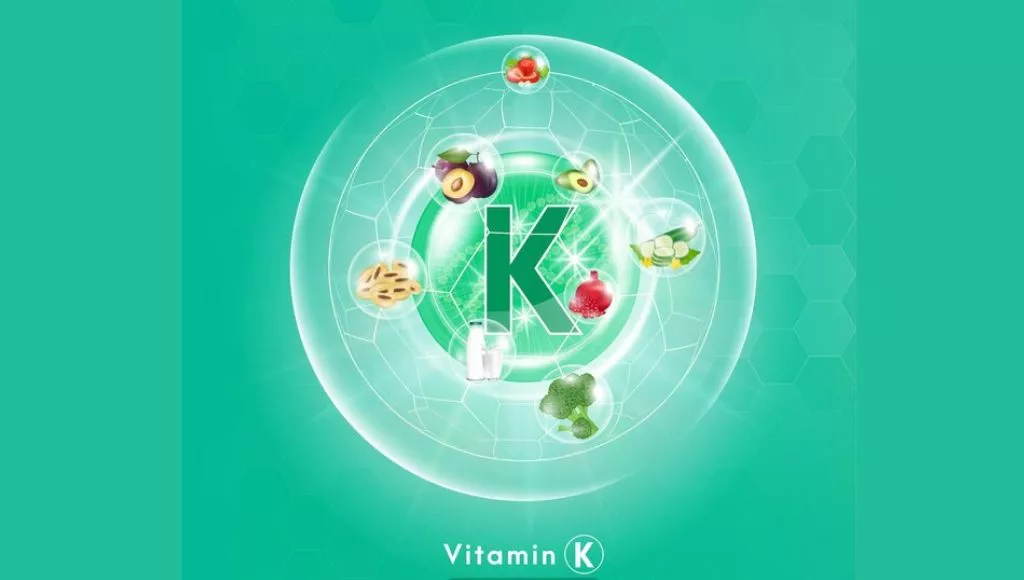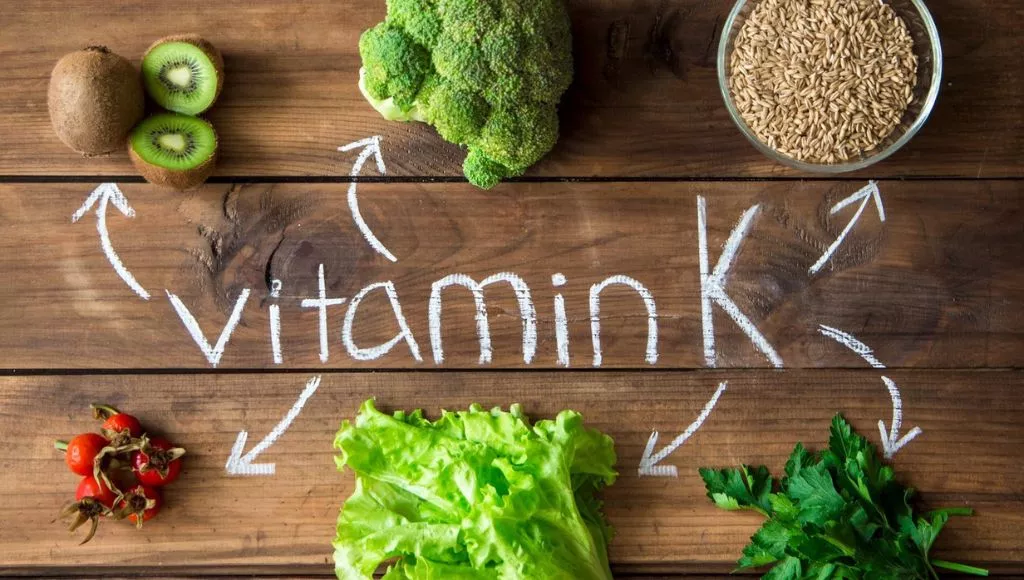Generally speaking, a balanced and varied diet is sufficient to complete the necessary intake. It is therefore important to know the foods best supplied with vitamin K, to include them in your menus. Discover the best food source and the most interesting food supplement to compensate for a proven deficiency.
A healthy and varied diet is essential to feel good in your sneakers! But which food to choose for better nutrition? Will a cup of spinach make you as strong as you wish to be? Discover here the list of foods richest in vitamin K as well as the benefit of these essential elements for well-being.
What Is Vitamin K For?
Taking its name from Kaogulationsvitamin, it was discovered by Danish biochemists in the 1920s. At the time, research established that it played an essential role in blood clotting. Today, it is often used to prevent bleeding. It would help to fix calcium well and maintain the blood network, so knowing that it is difficult to pass from a pregnant mother to her fetus and that breast milk has little of it. We inject it into newborns. This would help prevent hemorrhagic disease in infants.

Infact, there are two forms of vitamin K, vitamin K1 also known as phylloquinone, plays an important role in the body during blood clotting. Vitamin K2, also called menaquinone, is useful for maintaining the flexibility of the arteries, although it is also involved in blood clotting. You will therefore find food supplements based on vitamins K1 and k2.
ALSO READ: Vitamin E-Rich Foods: Boost Your Intake With These Nutritious Options
Nutritional Intake
The recommended nutritional intake ranges from 10-100 mcg depending on age, an adult should consume 45 mcg per day. Pregnant or breastfeeding women need 55 mcg per day. And for seniors, 70 mcg is needed per day.
Vitamin K Where To Find It?
It is found in various foods, including green vegetables.
The Vegetables That Contain Vitamin K The Most
- Cooked Kale
- Raw Dandelion
- Raw Watercress
- Cooked Spinach
- Raw Salad
- Raw Brussel Sprouts
- Raw Endive
- Broccoli
Fruits That Has Good Vitamin K Contents
- Prune
- Kiwi
- Avocado
- Blackberries
Oils That contain The Most Contents Of Vitamin K
- Rapeseed Oil
- Soyabean
- Olive Oil
Fermented Products With Vitamin K Content
- Natto
- Edam
- Miso
- Fermented Milk
- Emental
- Yogurt
- Meat and Egg
Poultry Products That Contain Vitamin K
- Raw Goose Liver
- Chicken Thigh
- Raw Egg Yolk
ALSO READ: Elevate Your Vitamin C Game: Uncover the Food with the Most Powerful Dose!
It is good to note that it is lipid soluble, that is to say, it is soluble in any oily body ( oil or fat). This the body can store it in reserve. Furthermore, it is not very sensitive to heat, so you can cook these products without problem, they retain much of it after cooking, which will help the body to absorb a relatively high amount of the nutritional values
Watercress
It represents 333.33% of the Nutritional Reference Value (NRV) for vitamin K1 or 250 micrograms per 100g. This can be eaten raw or cooked in soup, garnishes, pasta, and pie.
Green Cabbage
Attention, vitamin K heavyweight! A portion of raw or boiled green cabbage (60 grams) provides 530 micrograms of vitamin K. It is prepared in soups, of course, but also braised, or in a whole salad. A good and unique taste.
Kale
Cultivated since the Middle Ages around the Mediterranean basin, kale is only now coming back into fashion. A 130-gram portion contains approximately 110 micrograms of vitamin K. It is combined with shrimp, Chinese noodles, and wok beef, healthy and tasty.
Fennel
Raw fennel is rich in vitamin K1 because it provides the equivalent of 83.73% of the NRV in vitamin K1 or 62.80 micrograms per 100g.
Spinach
Often shunned, spinach is nevertheless excellent for your health. A portion of fresh spinach leaves 130 grams, provides approximately 145 microgames of vitamin K . Try it in a salad with apple wedges, and pine nuts. Guaranteed success and vitamin absorption reliability while nourishing the cells of the body
ALSO READ: Vitamin D For Glowing Skin: 5 Surprising Ways To Boost Your Radiance
Importance Of Vitamin K In The Body
Vitamin K plays a vital role in the body by acting on blood coagulation. In the event of bleeding, it allows the formation of a clot. It also plays a role in bone metabolism, fights osteoporosis, and reduces fracture risk. Vitamin k would reduce the risk of calcification in the arteries and prevent atherosclerosis.
The requirements are modest, around 65 mcg per day, and only the infants can be exposed to the risk of true deficiency, up to the age of 2-3 months. Because vitamin K passes with difficulty from mother to fetus and Intestinal bacteria are not present from birth. In some countries, vitamins are therefore routinely administered to all infants.
Side Effects Of Vitamin K
There is no real problem recognized by an overdose of vitamin K. Cases of deficiency are mainly observed in cases of disease of the pancreas, liver, chronic diarrhea, or Intestinal surgery. Drug interaction can also create a deficiency or inhibit the action of vitamin K. This is the case, for example with aspirin and certain antibiotics.
The primary objective of certain medications is to block blood clotting to increase fluidity. This a person taking vitamin k, antagonists will necessarily have to limit their consumption of food rich in Vitamin K to one serving per day.
In addition to its presence in certain foods, natural Vitamin K, offered as a food supplement, generally comes from the fermentation of soy or chickpeas. There are also synthetic products, which are therefore manufactured chemically.
You can find different forms on the market, in powder, oily, microencapsulated, or liposomal forms. The most interesting is oil because this form is the most stable and we’ll assimilate it. On the other hand, you must ensure that the bottle is opaque because it is sensitive to light. Furthermore, you must choose a formula with an oil that does not rancid easily (e.g olive oil), or which has been reinforced with an antioxidant.

